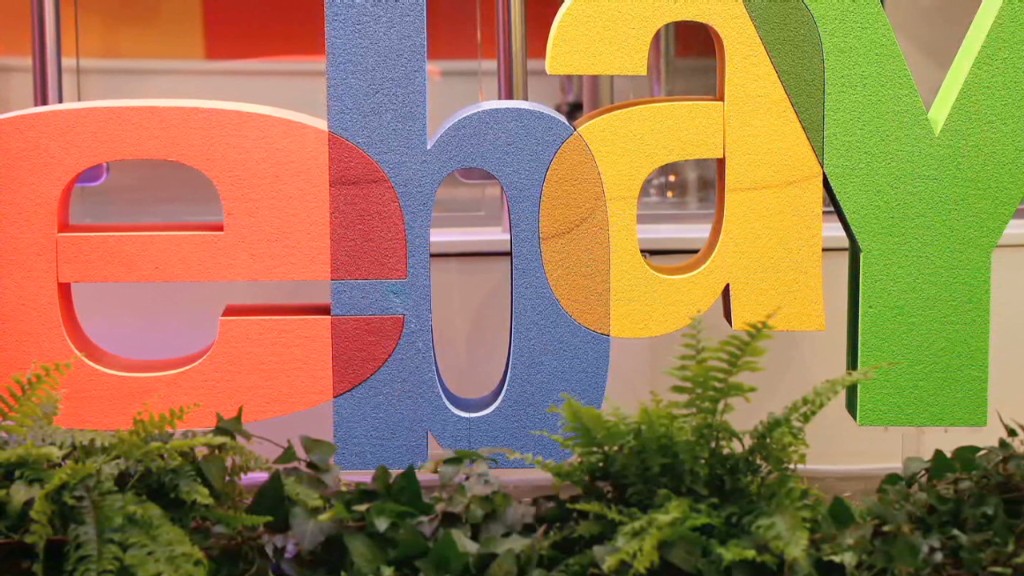
That $1.29 iTunes song or $9.99 e-book may be more expensive than you think.
If you live in one of the nearly 25 states that charge sales tax on digital goods or services you likely pay more for everything from downloaded music, e-books and ringtones to streaming TV shows and video.
And a growing number of states are finding ways to tax our digital diversions. While some states rely on existing sales tax laws, more than a dozen have enacted sales tax laws specifically targeting digital goods.
In July, Minnesota's residents will be the latest consumers to pay tax on digital products, under a provision of the state's tax bill passed in May.
As consumers switch to digital music, books and movies, many states discovered that they were losing out on valuable sales tax revenue and decided to do something about it, said Michael Mazerov, a senior fellow at the Center on Budget and Policy Priorities, a nonprofit think tank.
E-book sales, for example, rose 44% to $3.04 billion in 2012, according to the Association of American Publishers and the Book Industry Study Group. Meanwhile, digital music sales, were up 9.1%, with digital transactions making up a record 37% of all album purchases, according to Nielsen.
Related: Online retailers call Internet sales tax a 'nightmare'
What exactly is taxed varies widely by state. Washington state, for example, taxes digital content regardless of how it is delivered; while other states tax music and videos that are downloaded, but not when streamed through a service like Netflix or Spotify.
Here's what some residents currently pay:
- iTunes: Downloaded music is one of the most commonly taxed digital goods. For example, a $12.99 album downloaded from iTunes carries a state sales tax of 52 cents in Wyoming, 78 cents in Vermont and 91 cents in Mississippi.
- E-books: States that tax iTunes also tax downloaded e-books. Take New Jersey, which levies a 70-cent tax on a $9.99 purchase, or Utah which imposes a tax of 47 cents.
- Mobile phone apps: Apps are a unique case. Some states that don't tax "digital goods" still tax apps, the same way they tax software downloaded to a computer. For example in New York, a $2.99 Angry Birds download from the iTunes store will carry a 12-cent tax. But if a New Yorker downloads music or a movie from iTunes they won't get taxed because the state doesn't tax digital goods.
- Netflix streaming video: Taxes on streaming content are less common. Washington state, for instance, levies 52 cents in sales tax on a $7.99 monthly Netflix streaming subscription. Florida meanwhile, which does not have a sales tax on digital goods, imposes a roughly 54-cent state tax on the same Netflix subscription under its communications services tax.
The rush among the states to tax digital content comes as federal lawmakers consider the "Marketplace Fairness Act," which would allow the 45 states (and the District of Columbia) that currently charge sales tax to require online retailers to collect taxes on purchases made by their residents.
Related: What an Internet sales tax will cost you
Currently, online sellers are only required to collect taxes in states where they have a physical presence, such as a store or a warehouse. Under the proposed law, online sellers that have sales of at least $1 million outside of states where they have physical operations could also be required to collect sales tax.
The legislation wouldn't create any new taxes on digital goods, but it would let states enforce the laws that are already in place.
Most states tax a purchaser based on where their billing address is located, but there are no firm national guidelines, said Stephen Kranz, a partner at Washington D.C.-based law firm McDermott Will & Emery who specializes in tax policy.
Tax critics, like Americans for Tax Reform, are concerned that different states will try to tax the same digital purchase. So a resident of Washington state that buys digital music while traveling in Utah could end up paying sales tax twice.
The Download Fairness Coalition, which includes tax reform groups and members of the digital industry, are pushing for additional legislation that would create national guidelines and prohibit that from happening.
Critics also argue that digital goods shouldn't be taxed the same way as physical goods since users are often paying only for a license, not "tangible physical property."
Related: Most outrageous tax cheats
"You can gift your records in your will," said Katie McAuliffe, executive director for digital liberty at Americans for Tax Reform. "You can't do that with your iTunes library."
To find out what items are taxed in your state and at what rate, contact your state's tax and revenue agency. A map with links to the 50 state tax websites can be found here.
